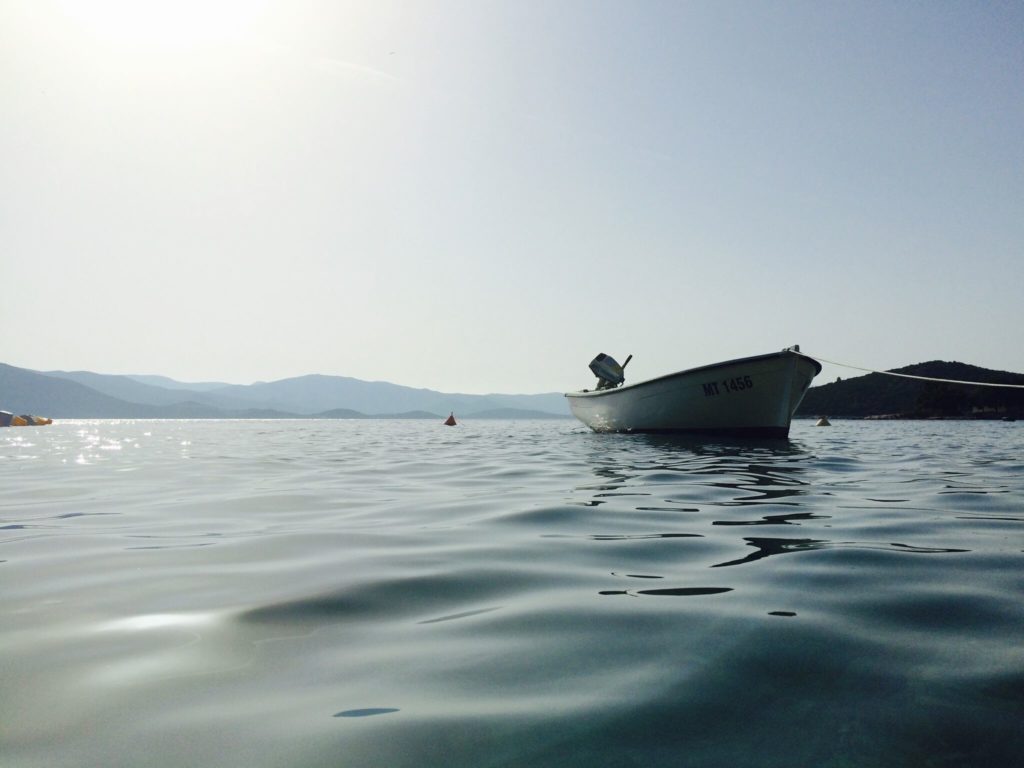The share of bathing water sites in Europe with excellent quality has increased from 56 % in 1996 to 84 % in 2015.
The figures appear in the annual bathing water report that was published on Wednesday (25 May) by the European Environment Agency and the European Commission. According to the Commission, the report proves the value of the legislation and the years of investment in waste water infrastructure and other pollution reduction measures.
The report compiles analyses of water sampled at more than 21 000 coastal and inland bathing sites across the EU, Switzerland and Albania indicating whether or not it has been contaminated by faecal pollution from sewage or livestock.
The 2015 bathing season was the first time that all EU Member States monitored their bathing sites according to the provisions of the EU's revised Bathing Water Directive (2006/7/EC). The directive specifies if the bathing water quality can be classified as ‘excellent’, ‘good’, ‘sufficient’ or ‘poor’ depending on the levels of faecal bacteria detected.
For recreational activities such as swimming, faecal contamination is a cause of concern for public health. Swimming at contaminated beaches or bathing lakes can result in illness. The major sources of pollution are sewage and water draining from farms and farmland.
Such pollution increases during heavy rains and floods due to sewage overflow and polluted drainage water being washed into rivers and seas. Forty years ago, large quantities of uncontrolled, untreated or partially treated wastewater were discharged into many of Europe’s waters.
More than 90 % of bathing sites in eight Member States had excellent water quality in 2015: Luxembourg (all 11 reported bathing water sites), Cyprus (99.1 % of bathing water sites), Malta (97.7 %), Greece (97.2 %), Croatia (94.2 %), Italy (90.6 %), Germany (90.3 %) and Austria (90.2 %).
The highest numbers of bathing sites with poor water quality were found in Italy (95 bathing sites, 1.7 %), France (95 bathing sites, 2.8 %) and Spain (58 bathing sites, 2.6 %).
A number of countries fell well below the average “excellent water quality” score: Slovenia, Latvia, Hungary, Estonia, Sweden, Poland, United Kingdom, Switzerland, Slovakia, Albania and Romania (in this order) all reported a score below 70 %.
In for example Sweden, with a score of 62 %, many bathing sites could not be classified because of insufficient sampling frequency. The new Swedish minister of environment, Karolina Skog, declined a request from The Brussels Times to comment on the findings.
The Brussels Times (Source: European Commission)
Europe’s bathing water is improving

